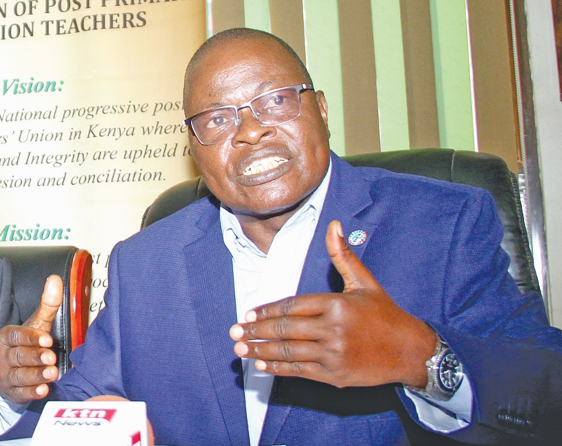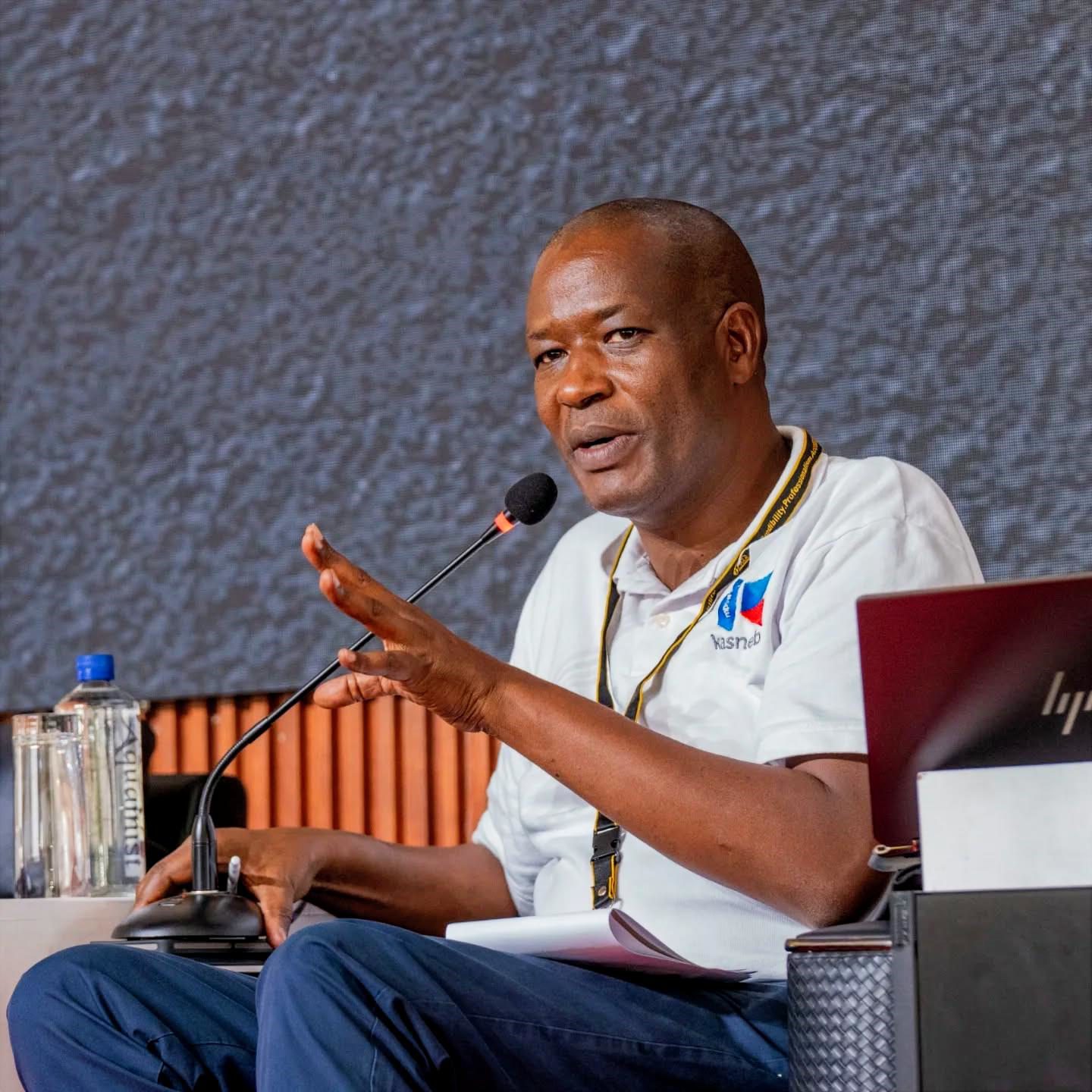The past decade has seen a troubling surge in drug abuse and addiction among young people. Across the globe, the use of illicit substances like opioids, cocaine, and methamphetamine has reached epidemic levels, with devastating consequences for individuals, families, and communities.
At the heart of this crisis is vulnerable youth who are getting caught in the grips of substance abuse at increasingly younger ages. According to the latest data, teens and young adults between the ages of 15-25 now make up the largest demographic of new drug users. Many are experimenting with harder drugs like heroin and fentanyl, substances that are highly addictive and can quickly spiral out of control.
The reasons behind this trend are complex, but experts point to a few key factors. For one, young people today are facing immense pressures – academic stress, social media-fueled insecurity, family problems, and economic uncertainty, to name a few. In the face of these mounting challenges, some turn to drugs as a misguided coping mechanism, seeking an escape or temporary high.
Peer influence also plays a major role, as young people are more susceptible to the lure of drug use when their friends and social circles are engaged in it. The normalization of recreational drug use in popular culture, from movies to music, further compounds the problem.
READ ALSO:
The campus mental health crisis: a tale of two students’ struggles
The consequences of this youth drug epidemic are dire. Overdose deaths have skyrocketed, with opioids now the leading cause of accidental fatalities among 18-45 year olds. Beyond the risk of overdose, long-term drug abuse can derail educational and career prospects, damage physical and mental health, and leave lasting trauma on individuals and their loved ones.
Yet, there is reason for hope. With the right support and intervention, many young people are able to break free from the cycle of addiction and reclaim their lives. Evidence-based treatment approaches like medication-assisted therapy, cognitive-behavioral therapy, and support groups have proven effective in helping youth overcome substance abuse disorders.
Perhaps most crucial, however, is addressing the root causes that drive young people to drugs in the first place. This means implementing comprehensive strategies to support their mental health, foster healthy coping mechanisms, and create more positive outlets for self-expression and community engagement.
By tackling the youth drug crisis on multiple fronts – from prevention to treatment to long-term recovery – we can turn the tide and empower the next generation to live fulfilling, drug-free lives. The stakes have never been higher, but with a coordinated, compassionate response, there is a path forward.
By Tonny Kyule
Tonny Kyule is a student at Rongo University in Migori County
You can also follow our social media pages on Twitter: Education News KE and Facebook: Education News Newspaper for timely updates.
>>> Click here to stay up-to-date with trending regional stories
>>> Click here to read more informed opinions on the country’s education landscape






